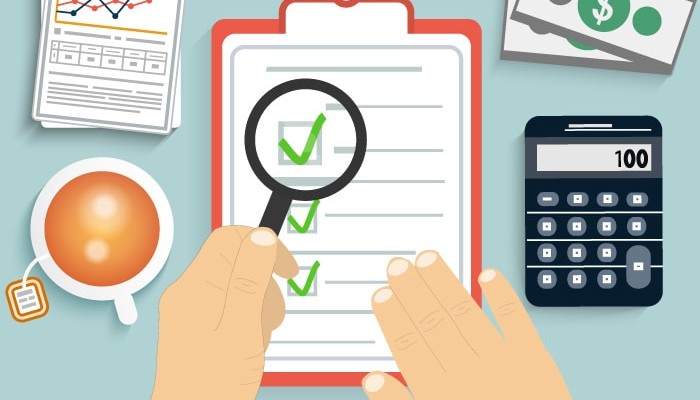Hiring an accountant is widely considered best practice for small business owners, but delegating financial analysis and reporting doesn’t mean you’re completely checking out of the process. On the contrary, it’s recommended that business owners work closely with their accountants throughout the year to better understand their financial position, and make smart plans for future growth.
Want to increase your accounting knowledge so you can have more informed, insightful discussions with your accountant throughout the year?
Start right now with this list of 6 essential accounting terms for small business owners.
1. Cash Flow
Do you have more cash flowing into your business each month than you pay out to cover costs and expenses? If so, your accountant will conclude that you’re “cash flow positive.” If the opposite is true, your cash flow statement will reveal that you’re “cash flow negative.”
Having excess cash on hand means you’re better equipped to keep up with debt, cover unforeseen expenses, and invest in growth opportunities. Your accountant can regularly generate a cash flow statement to keep tabs on this key performance indicator.
2. Profit and Loss Statement
The profit and loss statement (also known as the income statement) is one of the most important documents used by accountants to determine the profitability of your business.
The P&L statement lists revenues and gains as well as expenses and losses over a specific period of time (typically every three months for small businesses). It calculates your all important “bottom line” so you’ll know if you’re operating at a loss or making a profit.
3. Gross vs Net Profit
Gross profit is what remains when you subtract the cost of goods sold (COGS) from your total revenue. Net profit, on the other hand, drills deeper. It reveals your exact dollar per profit of sales after subtracting all operating expenses, including COGS, taxes, interest paid on debt, etc.
Gross and net profit are both profitability ratios. They are key for measuring business performance against an industry benchmark and your competitors.
4. Balance Sheet
The balance sheet offers a snapshot of your overall financial position at a particular moment in time. It lists the assets such as cash, inventory, accounts receivable and equipment and liabilities like accounts payable, income tax and employee salaries, plus shareholder capital. In a nutshell, the balance sheet shows what you own, as well as what you owe.
5. Accounts Receivable & Accounts Payable
Simply put, accounts receivable is money your business is owed by customers for goods sold or services provided. It is considered an asset on your balance sheet. Conversely, accounts payable is money you owe suppliers and any bills you have yet to pay, so it’s listed as a liability on your balance sheet.
6. Bad Debt Expenses
Bad debt happens when you can’t collect payment from your customers. Long term outstanding accounts receivable could be listed on your balance sheet as “bad debts”, and if they’re never collected, may have to be written off as a loss.
And there you have it – six key terms to help you build your accounting vocabulary, join the conversation, and empower smarter decision-making.
If you want to better understand your numbers and improve your business, then speak to the experienced team at BSN & Co. We avoid accounting jargon and help simplify the complexity of running a business.
Book a free no obligation meeting today!
Check out our free tools and guides to help you run your business






